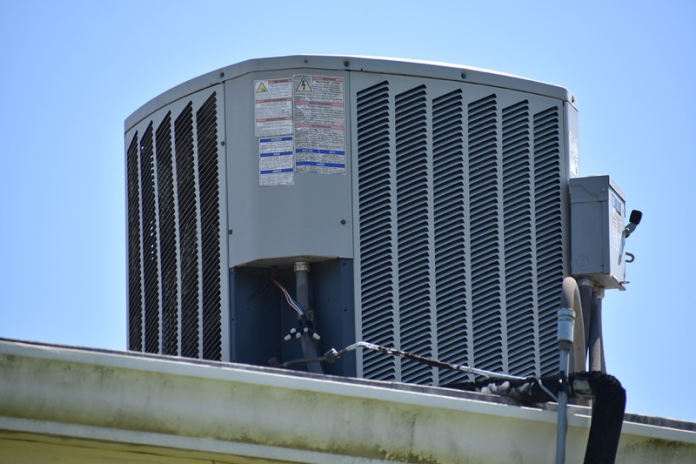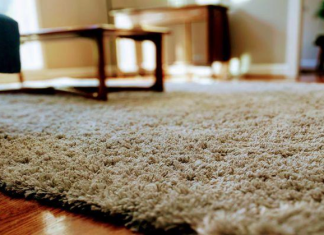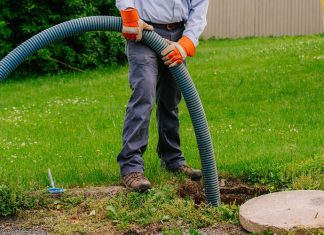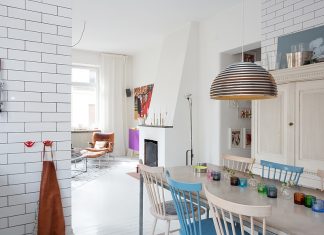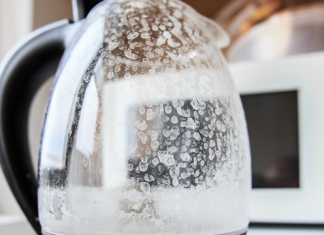Since the pandemic, air filters have become more in demand than ever. Everyone is looking for ways to keep their space healthy and free of bacteria, whether that’s at home or the office. As we are getting back to normal, everyone is trying their best to keep their environment clean.
HEPA air filters keep dust, allergens, debris, and pollutants out of the air. This provides clean air throughout your home. However, with so many options on the market, choosing can be difficult. We’ll explain how to find the right HEPA filter for your home.
What Are HEPA Filters?
HEPA (high-efficiency particulate air) filters have pleats that remove dust, allergens, bacteria, mold, and more from the air. The fibrous materials are designed to trap microparticles and allow air to pass through.
The microparticles this filter can catch are as small as 0.3 microns. A HEPA filter can capture and remove 99.7% of the particles from your air, providing quality indoor air when heating or cooling your home.
Why Is a HEPA Filter Important?
If you are considering an air purifier for your home or office space, consider using a HEPA filter. The HEPA will purify your space and keep the air clean. Since the pandemic, HEPA filters have become increasingly popular as they filter the air and improve the air quality better than many other filters.
For members of the household who have allergies or asthma, air quality is crucial. The allergens and irritants stay in the air when not filtered correctly. HEPA filters can assist in providing quality air by removing allergens or irritants. The air filter suppliers at FilterKing can assist you select the best one for your needs.
Choosing a HEPA Filter
HEPA filters are used in air purifiers, HVAC systems, portable air cleaners, and other products. HEPA filters purify the air to remove pollutants and leave you with clean, fresh air. However, it can be overwhelming to choose the right filter for your needs. The EPA provides some guidance on how to choose one.
Portable Air Cleaners
Portable air cleaners are worthwhile when you live in a highly polluted area and during the summer months when it’s hot and humid. However, it’s important to note that portable air cleaners alone can’t guarantee the air in your home is free of pollutants.
A few things to note when choosing one:
- It’s designed to use a HEPA filter
- Check that the filter removes particles below 1 micron
- Ensure it passes the Clean Air Delivery Rate rating (CADR)
CADR measures the size of particles removed in a volume of air or cubic feet filtered per minute. Once smoke, pollen, and dust particles are filtered, they give a CADR.
First, you need to measure the room you want to put an air purifier in. This will help you determine what CADR rating you need. Larger rooms require a higher CADR rating as more particles need to be removed from the space. CADR ratings are for the home. HEPA filters use the MERV rating.
MERV Rating
The Minimum Efficiency Reporting Value (MERV) rating is on both air filters and purifiers.
The MERV has a range of 1 to 20, with 20 being the highest level of filtration. The tests consist of a controlled experiment whereby particles are set off into the air and then filtered.
When looking for a filter, remember to check the MERV rating. HEPA filters are usually 17 or higher, ensuring that they filter out even the smallest of particles to keep air clean.
Things to Consider
When choosing your HEPA filter, it’s vital to check that they are non-ozone producing. According to the EPA, some can be harmful to our health. In addition, they should be non-ionizing. The EPA also explains that a low MERV can’t remove dangerous gases and odors. A MERV of at least eight is advisable for home filtering systems.
